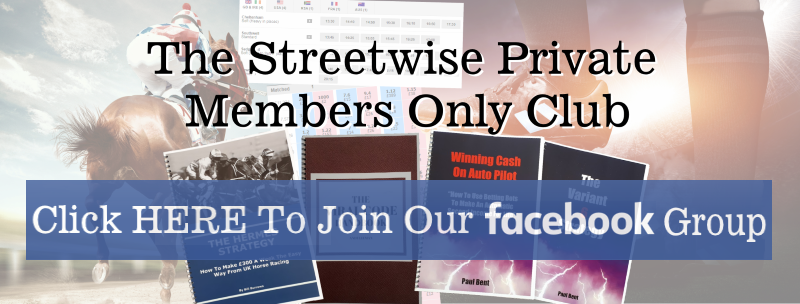
Britain’s equity-release market is expected to be worth more than £5bn this year: the number of people unlocking some of the value of their home in retirement continues to grow at rates of more than 20% a year.
But while this growth is understandable, with many people owning valuable properties by the time they retire but finding themselves short of disposable wealth, is equity release really the answer?
Downsizing may be a better option.
The allure of equity release is obvious. If you own an expensive property outright but need more money for everyday living expenses or home improvements, travel or helping out children, an equity-release plan offers real benefits.
You borrow money against the value of your house or, with some plans, sell a chunk of it. There are no repayments to make until after your death or you’ve moved into some form of care and the money is yours to spend how you wish. And you can stay in your own home.
However, there are substantial downsides. While the equity-release plan market is more competitive than in the past, the cost of products is still high compared with a conventional mortgage. The average borrower pays an interest rate of 4.55%, at least twice what you’d pay for a conventional home loan.
Moreover, as there is nothing to pay during your lifetime, your debt mounts up quickly due to the law of compound interest. There may be little or nothing to pass on to your heirs once the money is repaid on your death.
Another problem is that equity-release products can be constraining, particularly if your plans change. It may be difficult to move house, with extra charges to pay. You may struggle to make repayments during your lifetime, even if you want to reduce your debt.
Home-reversion plans, where you sell a chunk of your house rather than borrowing, are problematic too, since your property will effectively be valued at well below market value, reflecting the time that the equity-release provider has to wait to earn a return. Downsizing, by contrast, carries none of these headaches.
You simply sell your current property and buy a cheaper one, with the difference in value freeing up cash you use as you see fit. Your new house can be left to your heirs and there is no financial-product small print to worry about. For many older people, selling a large family home in order to move into a more modest property also has practical benefits. Smaller houses are easier and cheaper to maintain.
Nonetheless, downsizing isn’t right for everyone. If you don’t have a large property, moving to a smaller one may simply not be an option. The practicalities will also depend on the dynamics of your local housing market. How much can you sell for and what will a smaller property cost? And some people do not want the emotional wrench of leaving a much-loved family home.
Downsizing also carries costs. You’ll incur all the costs of moving house, including estate agents’ fees, solicitors’ costs and the removals firm’s charges. Plus you may have to pay stamp duty on the purchase price of a new house, though stamp-duty rates are lower on cheaper properties (and zero on purchases below £125,000).
The cheaper option Nevertheless, for most people, the total cost of downsizing is likely to be significantly lower than what your family effectively ends up paying through an equity-release product. The costs of moving house just do not compare to the cost of interest charges on a large loan rolled up over time.
In financial terms at least, downsizing is a better option than equity release for most people. If you’re willing and able to consider it, this should be the first thing you consider if you’re seeking to raise cash later in life.
Motivational Quote Of The Day
“If your not making mistakes, then you’re not making decisions.”

Catherine Cook
Alternative Quote Of The Day
“If you’re being chased by a police dog, try not to go through a tunnel, then on to a little seesaw, then jump through a hoop of fire. They’re trained for that!

Milton Jones
Today’s National Day

NATIONAL SORRY CHARLIE DAY!
PUBLISHERS NOTICE

Dear Streetwise Customer,
Imagine this…you load up an amazing piece of software on your PC or Laptop. It takes about 10 minutes. And then you wait.
Every now and again – perhaps two or three times a week – an icon flashes up on the screen, and when it does, that’s your signal to collect £100. Simple. No rush. No dramas.
Sound interesting?
You’re probably in a significant minority!
Believe it or not 99% of readers will pass up on this because it’s doesn’t sound like it makes enough money. It’s hard to resist the promise of tens of thousands of pounds. But give me five minutes now, and I’ll show you how these small ‘hidden’ amounts can really add up.
Matt Shaw, the guy who discovered this reveals HERE.
Kind Regards

John Harrison

P.S. This comes with a 100% cast iron money back guarantee. There is absolutely no risk to you to take a look.


